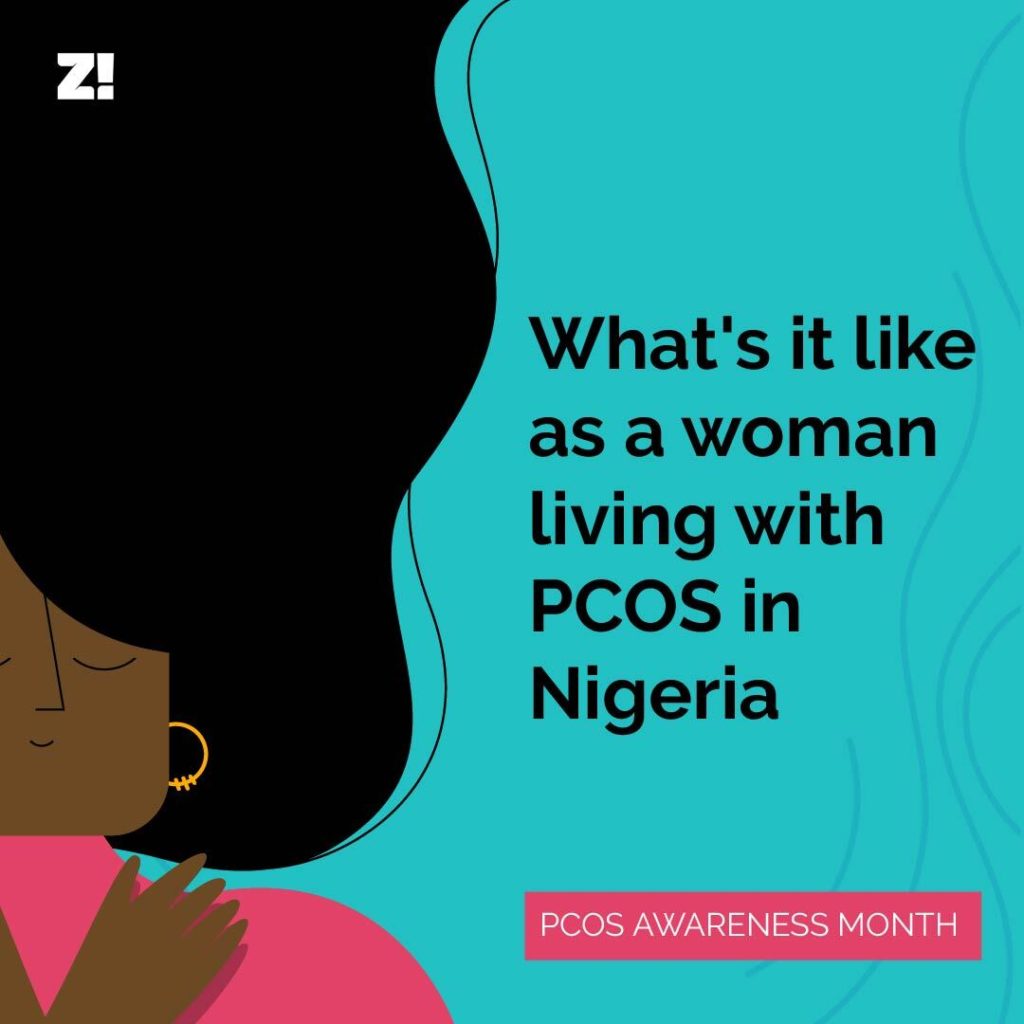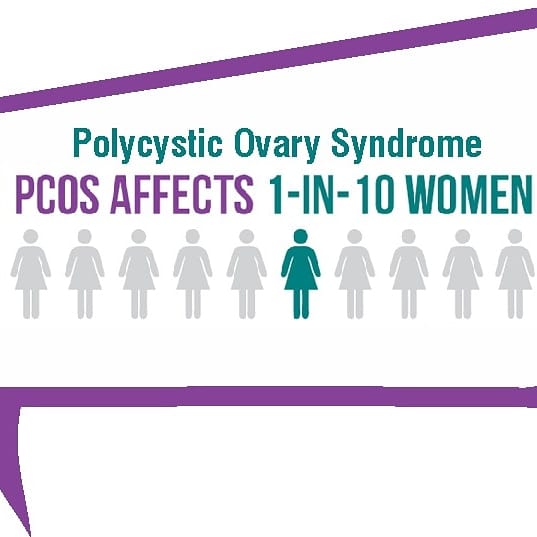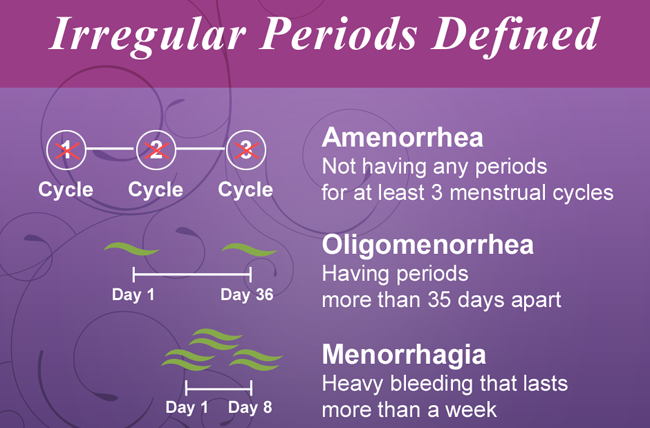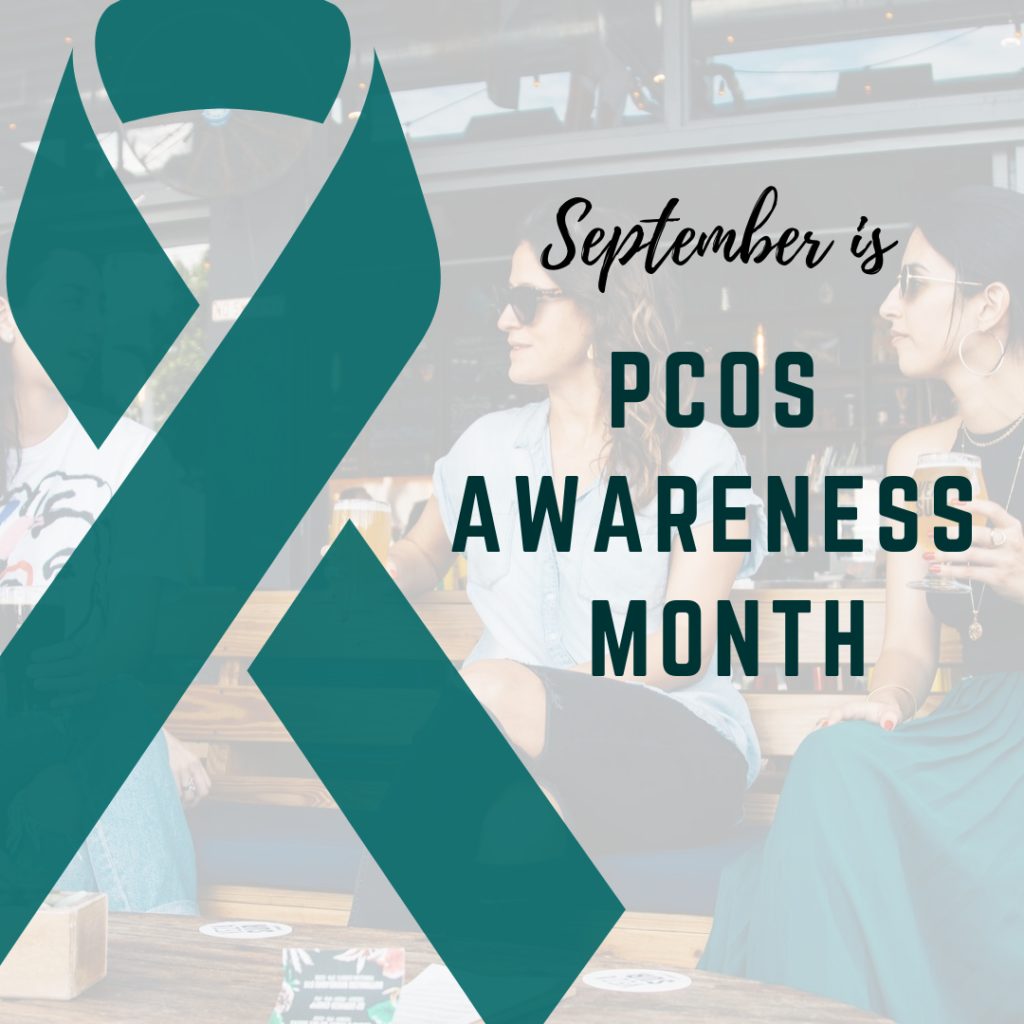For PCOS awareness month, we talk to Doctor Opeyemi , a medical doctor, graduate of Obafemi Awolowo University, social activist, sexual and reproductive rights advocate, a healthcare manager and administrator who has been practicing for three years.

1) What PCOS stands for

PCOS stands for Polycystic Ovarian Syndrome. It is called a syndrome because there are different parts of it.
2) Who it affects
PCOS can be had by woman between reproductive ages. Basically, any woman that has experienced menarche (the beginning of menstruation).
3) How common it is
PCOS is a fairly common illness. Studies that say that ten percent of women who see their gynaecologist are diagnosed with PCOS. If 1 in 10 women walk into a gynaecologist clinic, they get diagnosed with PCOS.

In Nigeria, there are studies that show that 16% of women are diagnosed with PCOS.
4) Some of the common symptoms
a) Menstrual irregularities
It could be reduced menstruation or no menstruation at all. Irregular periods manifest due to the lack of ovulation, or the irregular occurrence of ovulation

b) Infertility
In fact, a lot of women do not know they have PCOS until they go to the clinic due to their inability to conceive.

c) Excessive hair growth
This is as a result of the excessive accumulation of androgens

d) Obesity
Many of them are obese, and are at risk of getting diabetes later in the future.
5) What it takes for a doctor diagnose you with PCOS
It is important to note that PCOS is a syndrome, so it is not just about the Polycystic ovary. So, there are three main things doctors look out for, and diagnosis is usually made when at least two are present. They are: excessive production of androgens, polycystic ovaries or cysts in the ovaries, or menstrual irregularities.
6) When to get diagnosed
Once you notice any of the symptoms, it is important you go see a gynaecologist to get treatment. Also people that have had other close relatives have it, or those with diabetes.

7) Why a lot of people do not know they have it
Nigeria has a poor approach to healthcare, and an even poorer approach to reproductive healthcare. There are not many people talking about it, or trying to raise awareness on this issue. So, they do not know the right places to go to, or people to ask. Also, seeing as it is not a well known disorder yet, there will be a lot of misdiagnoses.
8) The best way to raise awareness for it:
More people talking about it and having conversations about it. Improved sex education will also help raise awareness for it.

For more PCOS articles click here, and for more general women’s stories, click here




